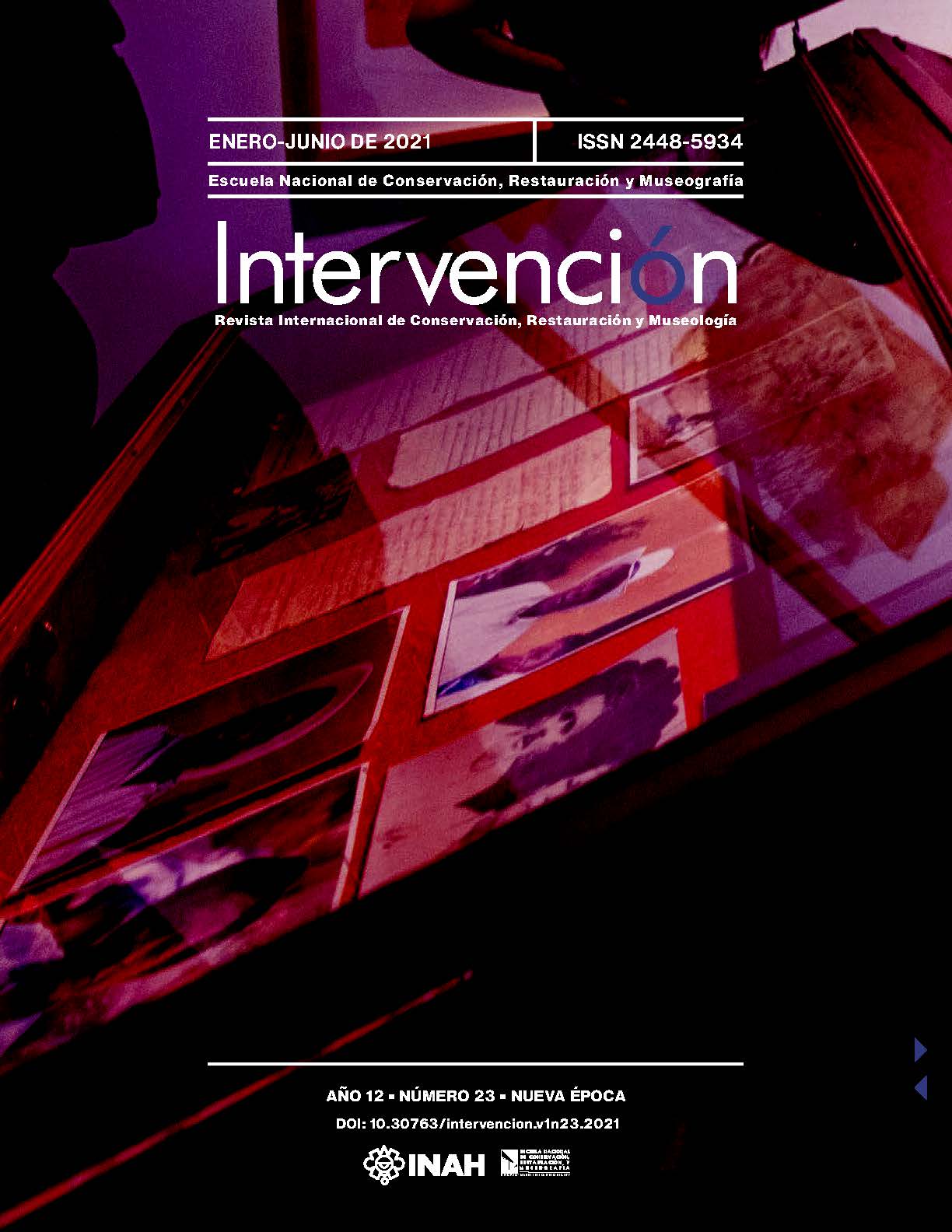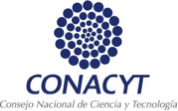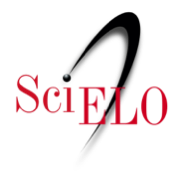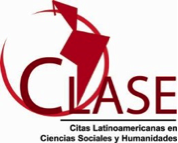Using the Object ID Standard and Tainacan Software for Museum Documentation: experiences from Brazil and Mexico
DOI:
https://doi.org/10.30763/intervencion.247.v1n23.26.2021Keywords:
digital repositories, museum documentation, standardized museum documentation, publication of museum on-line collections, Object ID standard, Tainacan softwareAbstract
This ACADEMIC REPORT describes the implementation process of the Object ID standard using Tainacan, a free open-source software which included four museological institutions from different countries Brazil and Mexico— as a comparative case study. We considered the hypothesis that the two countries share similarities related to cultural contexts and heritage objects. Therefore, we expected similar results, such as the observed benefits of using a documentation software and a metadata schema. In this case study, we present the results of this investigation but, as will be seen, much remains to be done. As a prospect for the future, we are considering to expand the experiment to other standards, such as the Lightweight Information Describing Objects (LIDO) standard.
Downloads
References
Centro Cultural Universitario Tlatelolco. (2017). Sobre el CCUT. Cultura UNAM. Recuperado de https://tlatelolco.unam.mx/sobre_ccut/
Centro Cultural Universitario Tlatelolco. (2018). M68 Ciudadanías en Movimiento. Recuperado de https://m68.mx/
Elings, M. W. y Waibel, G. (2007). Metadata for all: Descriptive Standards and metadata sharing across libraries, archives and museums. First Monday 12(3). https://doi.org/10.5210/fm.v12i3.1628
Ferrez, H. D. y Bianchini, M. H. S. (1987). Thesauros para acervos museológicos. Rio de Janeiro: Ministério da Cultura/Secretaria do Patrimônio Histórico e Artístico Nacional/Fundação Nacional Pró-Memória: Coordenadoria Geral de Acervos Museológicos.
Instituto Brasileiro de Museus (1 de septiembre de 2014). Resolução Normativa No 02, de 29 de agosto de 2014. Diário Oficial Da União, 1–6.
Museu de Arqueologia de Itaipu. (2020). Museu de Arqueologia de Itaipu. Recuperado de http://museudearqueologiadeitaipu.museus.gov.br/pagina-principal/historico-do-museu
Museu Victor Meirelles. (2020). Museu Victor Meirelles. Recuperado de http://museuvictormeirelles.museus.gov.br/o-museu/historico/
Noval, B. (s.f.). Manual para la elaboración de una ficha de identificación de un bien cultural. México: Consejo Nacional para la Cultura y las Artes/Instituto Nacional de Antropología e Historia/Coordinación Nacional de Conservación del Patrimonio Cultural.
Roberts, A. (2004). Inventories and Documentation. En P. Boylan (Ed.), Running a Museum: A Practical Handbook (pp. 31–50). París: International Council of Museums.
Secretaría de Cultura. (2020). Mexicana 2020: Hacia una gestión descentralizada de acervos. Cuestionario de diagnóstico para evaluar el nivel de madurez tecnológica en gestión de acervos de los museos de México. México: Secretaría de Cultura/Dirección general de Tecnologías de la Información y Comunicaciones.
Tainacan Project. (s.f.) Install and Setup. Recuperado de https://tainacan.github.io/tainacan-wiki/#/install
Tainacan Project. (s.f.). Tainacan Wiki. The Tainacan Project. Recuperado de https://tainacan.github.io/tainacan-wiki/#/?id=tainacan-wiki
Tainacan. (2020). Cultura da Documentação e Object ID [Video en línea]. Recuperado de https://www.youtube.com/watch?v=PXp4RC_ydHk&ab_ channel=Tainacan
Tainacan Project. (2021a). Tainacan [Panorama Avançado]. The Tainacan Project [Blog]. Recuperado de https://br.wordpress.org/plugins/tainacan/advanced/
Tainacan Project. (2021b). Casos de Uso – Tainacan. The Tainacan Project. Recuperado de https://tainacan.org/casos-de-uso/
The Dublin Core Metadata Initiative. (2019). DCMI: DCMI Metadata Terms. Dublin Core Metadata Initiative. Recuperado de https://www.dublincore.org/specifications/dublin-core/dcmi-terms/
The OpenRefine Project. (s.f.). OpenRefine. Recuperado de https://openrefine.org/
Thornes, R. (1995). Protecting Cultural Objects Through International Documentation Standards: A Preliminary Survey. Los Ángeles: University of California, The J. Paul Getty Trust.
Unidad de Información para las Artes. (2020). Unidad de Información Para Las Artes Instituto de Investigaciones Estéticas. Universidad Nacional Autónoma de México. Recuperado de http://www.esteticas.unam.mx/uniarte
Universidade Federal de Goiás e Instituto Brasileiro de Museus. (s.f.). Plataforma acervo: inventário, gestão e difusão do patrimônio museológico. Relatório referente ao produto 1 do segundo termo aditivo do TED UFG e Ibram –Mapeamento do nível de maturidade tecnológica dos museus do Ibram. Recuperado de https://pesquisa.tainacan.org/relatorios/produto-f-mapeamento-do-nivel-de-maturidade-tecnologica-dos-museus-do-ibram/.
Additional Files
Published
How to Cite
Issue
Section
License
Copyright (c) 2021 Instituto Nacional de Antropología e Historia (INAH)

This work is licensed under a Creative Commons Attribution-NonCommercial 4.0 International License.

Atribución-NoComercial 4.0 Internacional
https://creativecommons.org/licenses/by-nc/4.0/deed.es
Usted es libre de:
- Compartir — copiar y redistribuir el material en cualquier medio o formato
- Adaptar — remezclar, transformar y construir a partir del material
Bajo los siguientes términos:
-
Atribución — Usted debe dar crédito de manera adecuada, brindar un enlace a la licencia, e indicar si se han realizado cambios. Puede hacerlo en cualquier forma razonable, pero no de forma tal que sugiera que usted o su uso tienen el apoyo de la licenciante.
-
No Comercial — Usted no puede hacer uso del material con propósitos comerciales.




















